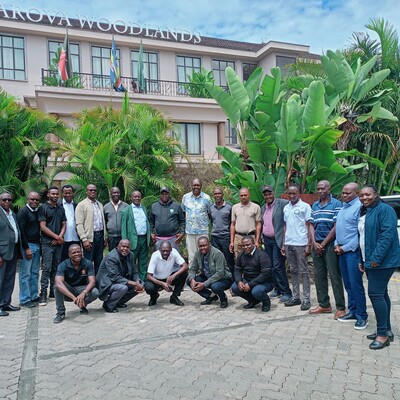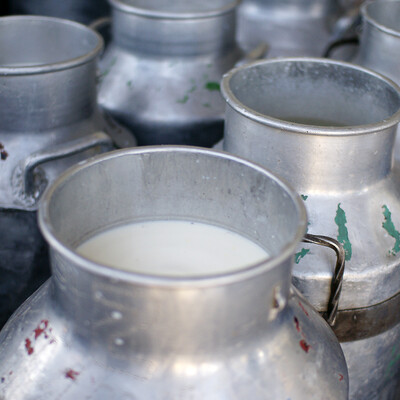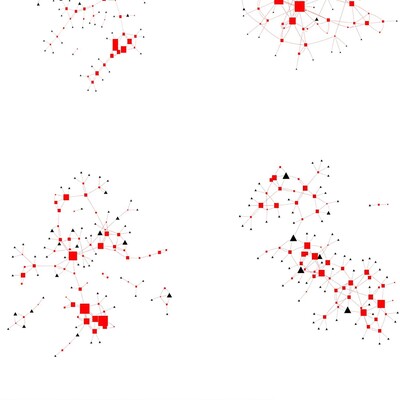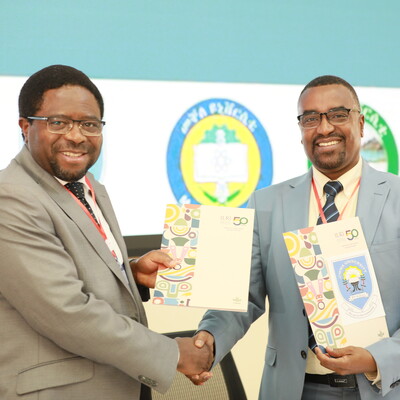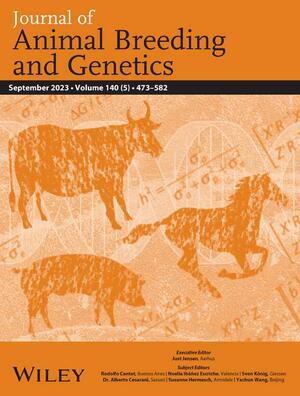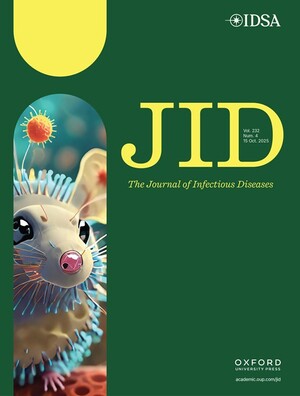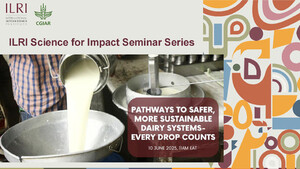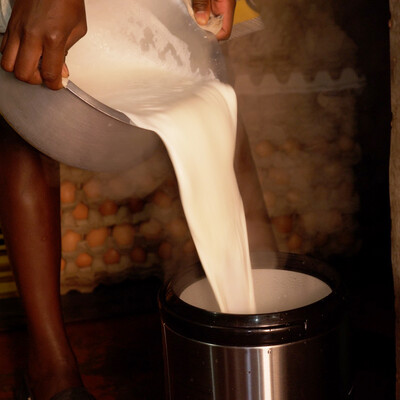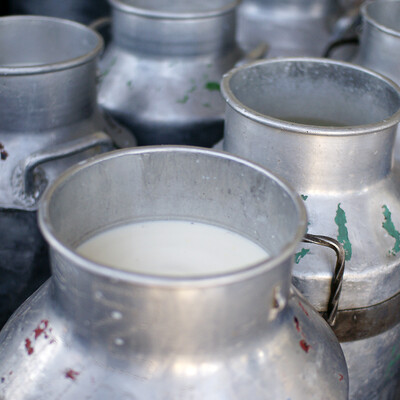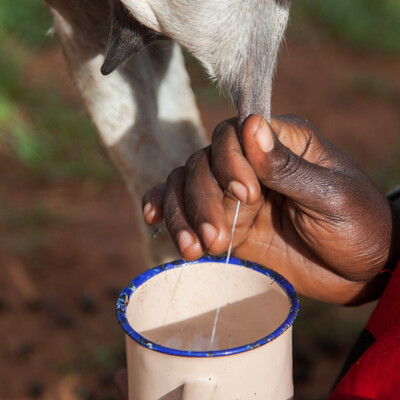
The Kenyan dairy and poultry sectors to benefit from a new research initiative
The livestock sector in Kenya is vital to peoples’ livelihoods. Many households depend on the sector for income through the sale of animal products, employment, and as a source of food. The livestock sector is also a major benefactor to the Kenyan economy as it contributes about 12 per cent to the national gross domestic product (GDP) and 42 per cent to agricultural GDP.
The International Livestock Research Institute (ILRI) in collaboration with The International Center for Agriculture Research in the Dry Areas (ICARDA) and The Alliance of Bioversity International and CIAT (ABC CIAT), under the newly initiated One CGIAR, have begun a new research initiative called the Sustainable Animal Productivity for Livelihoods, Nutrition and Gender Inclusion (SAPLING). The initiative focuses on the poultry and dairy value chains in Kenya. These two value chains have been chosen because of the large population of smallholder farmers are involved.
Likewise, ILRI has over the years worked in the dairy and poultry value chains. Some of the projects include the Kenya Crops and Dairy Market Systems Development Activity (KCDMSD), East Africa Dairy Development (EADD), and African Dairy Genetic Gains, African Chicken Genetic Gains (ACGG).
A stakeholders inception meeting was convened at ILRI Nairobi Campus on 7-8 March 2022. The meeting was held primarily to co-design research interventions with partners. The meeting also served as a platform to begin co-designing a theory of change. This was done by grouping partners into their value chains of interest and engaging them in a series of iterative discussions to develop an initial theory of change to achieve impact along the value chain.

While addressing the partners, ILRI’s deputy director general, Iain Wright, highlighted the ongoing transitions within the CGIAR, pointing out that they are intended to have more efficient and effective governance, resourcing, and output delivery. Wright also noted that the outputs of the SAPLING research initiative are geared toward providing evidence and capacity building of partners to participate in research and eventually utilize the data gathered from the analyses.
SAPLING Kenya research initiative is led by James Rao, a senior scientist at ILRI. At the inception meeting, Rao said that the research initiative is aimed at systematically addressing issues within the value chains, bringing together research and development partners, to understand how solutions can be better integrated and targeted.
Poultry value chain
For the chicken value chain, stakeholders identified low productivity and production by smallholder poultry producers as the main problem. This was associated with inadequate knowledge and skills in management, breeding, health, feed and access to quality and reliable services and inputs such as vaccines and improved breeds. The situation is aggravated by lack of collective actions in production planning and marketing, as well as gender not being taken into consideration in decision-making, and access to and control of resources and investment. These challenges in turn compromise the competitiveness of smallholder poultry production in Kenya.
To address the challenges and improve the livelihood of smallholder poultry producers, the value chain partners came up with a vision statement that seeks to spur competitive, sustainable, and equitable commercialized smallholder poultry production for increased incomes and improved nutrition.
Dairy value chain
For the dairy value chain, the problem was identified as low productivity and poor-quality dairy products caused by a high cost of production, production inefficiencies, use of inappropriate technologies, as well as exclusion of women and youth and inadequate knowledge systems that hamper appropriate decision making and minimize capacity to profitably manage dairy farm enterprises. Other associated challenges include: ineffective extension services, weak cooperative movements characterized by poor leadership and governance structures and low participation by farmers in value chain governance, disjointed policy processes characterized by multiple, uncoordinated, and sometimes conflicting policies and co-existence of formal and informal markets.
The stakeholders therefore envision a commercially oriented dairy value chain that is driven by business-oriented, knowledge intensive, socially inclusive, resilient, and competitive dairy enterprises that invests more to deliver quality, safe, and diverse dairy products for enhanced nutrition.
Part of the next steps for the research initiative include continuous engagement of partners in the identification of entry points, new sites, missing value chain actors and a review of evidence from recent studies and development projects that would be useful to support the design of integrated packages for enhanced profitability of the value chains. Others include reviewing and updating the list of innovations for scaling use in Kenya and conducting the baseline survey.
The Sustainable Animal Productivity for Livelihoods, Nutrition and Gender Inclusion (SAPLING) research initiative is one among several others that have been started by CGIAR to tackle the challenges climate change poses to food, nutrition and water security. SAPLING is being implemented in Ethiopia, Kenya, Mali, Nepal, Tanzania, Uganda and Vietnam. It is expected that by 2024, SAPLING will enable 800,000 livestock producers (50% women) of cattle, chickens, small ruminants, and pigs to engage in inclusive value chains and achieve sustainable productivity gains between 30-50%.
For more information about the initiative, click here - https://hdl.handle.net/10568/114668.
The SAPLING research initiative in Kenya is led by ILRI’s James Rao who can be reached for more information at j.rao@cgiar.org.
The SAPLING initiative is led by ILRI’s Isabelle Baltenweck, i.baltenweck@cgiar.org, with deputy lead ICARDA’s Rekik Mourad - m.rekik@cgiar.org.
Members of Beluso Women Group in Kakamega County, Kenya, preparing home-made dairy meal (photo credit: ILRI/Dorine Odongo)






